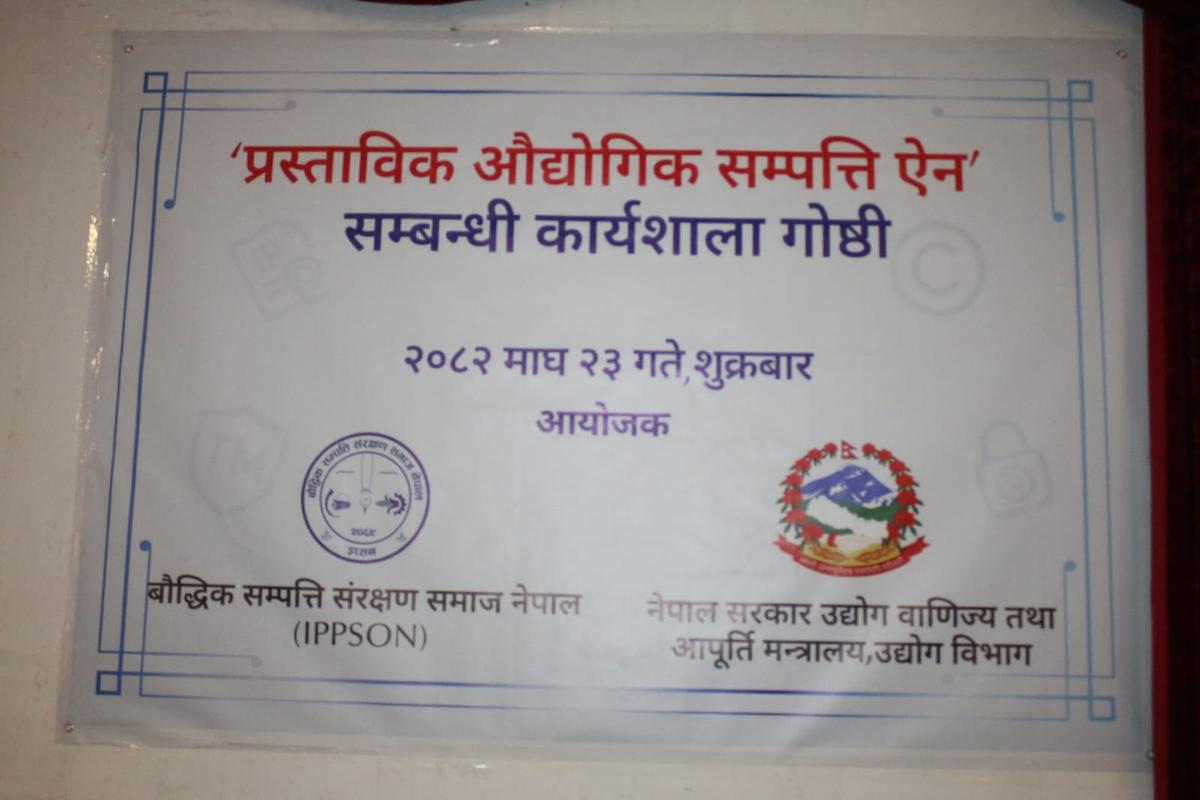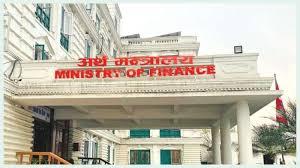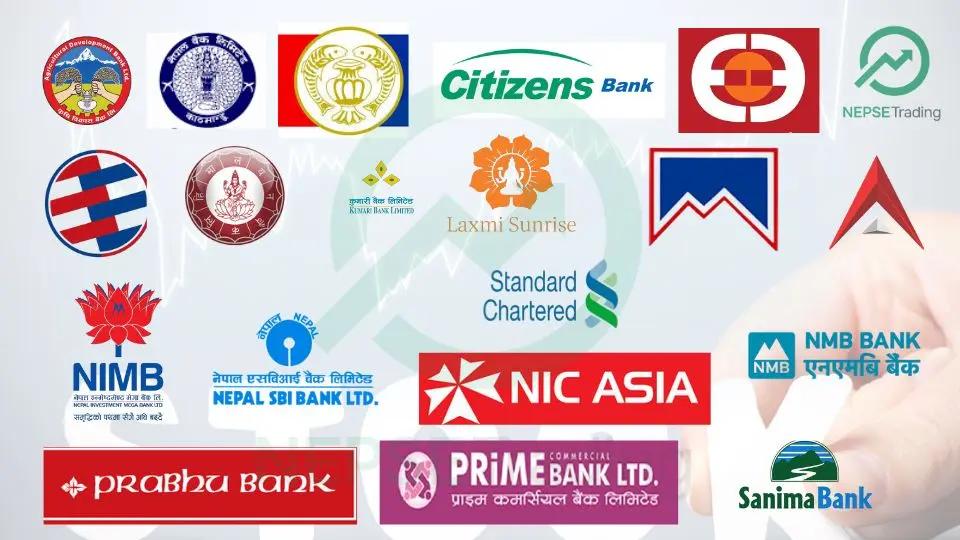By Sandeep Chaudhary
Understanding and Using Secure Credit Cards Wisely

According to Nepal Rastra Bank (NRB), credit cards are electronic payment tools issued by commercial banks of Class 'A' and financial institutions of Class 'B' and 'C' at the national level. These cards enable users to make purchases and pay for services within a specified credit limit.
Credit cards provide the convenience of paying for goods and services without immediate cash transactions. When using a credit card, there is generally no interest charged if the borrowed amount is repaid within a specified period. However, high-interest rates are applied if the full payment is not made by the due date.
The issuing banks set a credit limit based on the cardholder's financial standing. They provide detailed information about the credit limit, billing cycle, due dates, and applicable interest rates to the cardholders. This information is crucial as it helps users understand their repayment obligations and avoid penalties.
Credit cards come with various features, including reward points, cashback offers, and sometimes travel insurance. Cardholders should understand the terms and conditions related to fees, interest rates, and repayment schedules to use credit cards effectively and avoid debt accumulation.
NRB emphasizes responsible use of credit cards. Users are advised to select a card that best suits their financial needs and capabilities, ensuring they can manage repayments within the credit limit. This practice helps maintain financial health and prevents over-indebtedness.
Use Only Secure Credit Cards
Credit cards are electronic payment instruments issued by Class 'A' commercial banks and national-level Class 'B' and 'C' financial institutions. Generally, using a credit card for payments does not incur any interest within the specified period, but failing to pay within the deadline results in high interest charges. Thus, when issuing such cards, banks provide detailed information to customers about the credit limit, billing date, repayment deadlines, and interest rates applicable for overdue payments.
Banks also ensure that customers have access to this information through agreements and statements provided at the time of card issuance. Therefore, it is advisable to choose a credit card that suits your needs in terms of limit, fees, interest rates, and repayment conditions, and use it responsibly to manage your finances effectively.









